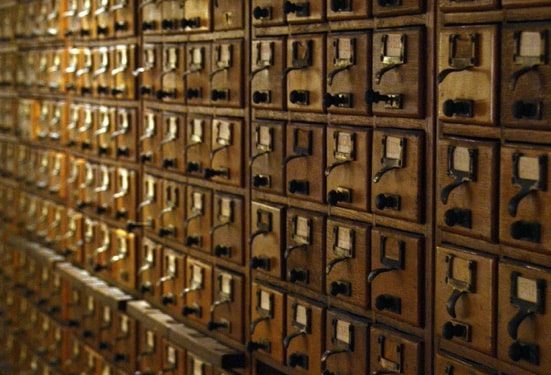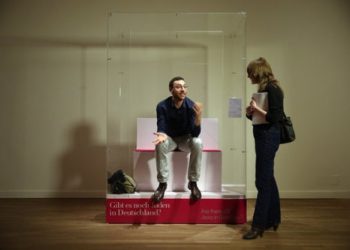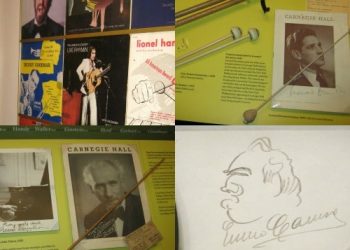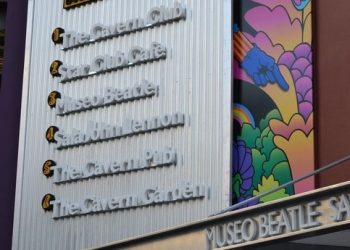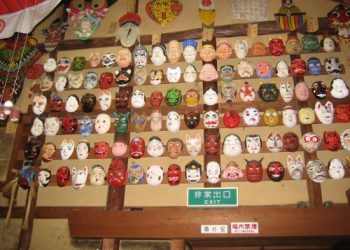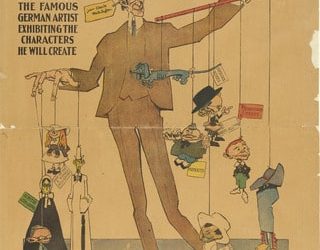Blame the craziness of life for not blogging all week. There is life outside the internet? No, you must be lying. Wait…what’s the internet?
As far as I know, the internet was not invented by Al Gore, but it is a well-known fact that a couple of Belgian lawyers birthed Google’s grandparents, the Mundaneum, a museum that opened in 1910 to collect all of the world’s knowledge on 3 x 5 index cards. Some consider it a precursor to the Internet, or at least wikipedia, with its archive of more than 12 million cards and documents. I don’t know about you, but handwriting shit down on tiny cards just makes me think of the torture of writing thesis papers in college. Do kids still do that?
Anyway, this vast project known as “The City of Knowledge” was described by Le Corbusier as a panorama of “the whole of human history from its earliest origins” and was supported by the Belgian government when they turned over 150 rooms in the Palais du Cinquantenaire to serve as a home in 1919. A fee-based research service was established that allowed anyone in the world to submit a query via (snail) mail or telegraph. Inquiries poured in from all over the world. But World War II slowed down the project. Many of the archives were stored away, while some were lost during the Nazi regime. But after 50 years Belgium revived the Mundaneum’s memory, bringing most of the archives to a beautiful converted Art Deco building in the city of Mons, where a new museum, the Centre d’archives de la Communauté Française, opened in 1998.
Though the names of the two Belgian lawyers, Paul Otlet and Henri La Fontaine, have been forgotten by people of today, they deserve credit for developing many of the ideas behind the modern Internet and documentation sciences. I think Larry Page and Sergey Brin owe some money to the country of Belgium or something. What do you think?
